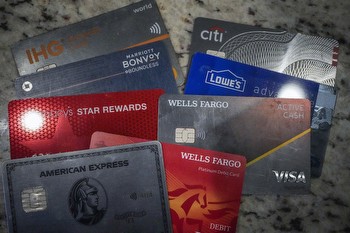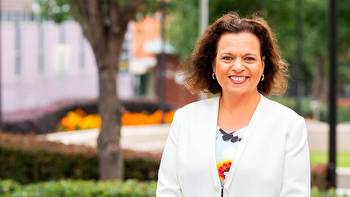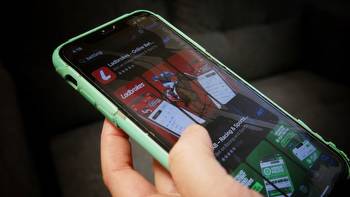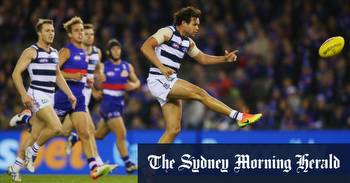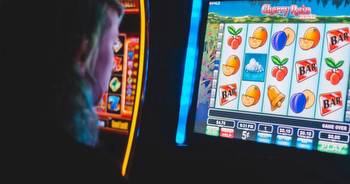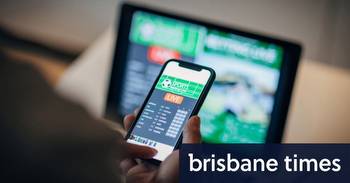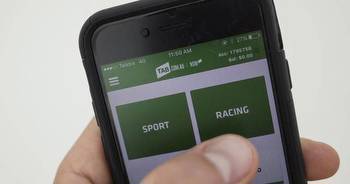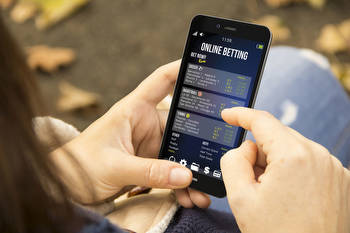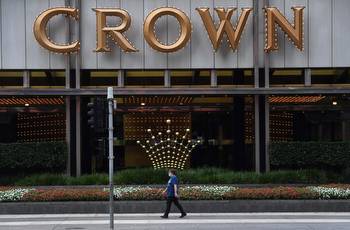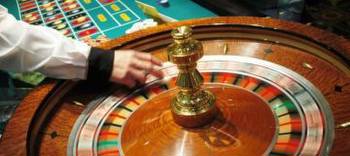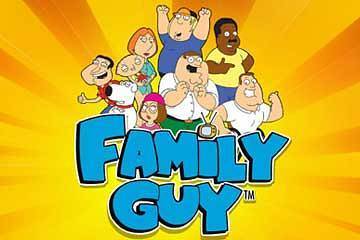Ban on gambling advertising wins support

More than half of Australian adults support banning betting ads on television, radio and on-demand platforms before 10.30pm, with most people now concerned that gambling advertising has become too widespread and is normalising the behaviour among children.
Research published this week by the Australian Gambling Research Centre, a national agency, found almost 80 per cent of Australians say they are being exposed to betting advertising every week – 41 per cent say they see or hear gambling ads four or more times a week – and most believe it encourages people to start gambling for the first time or engage in riskier bets.
The concerns will heighten the onus on the federal government to tighten rules on sports betting advertisements despite opposition from major codes when a parliamentary inquiry into online gambling is finalised this year.
The survey gauged levels of gambling participation and community views about the prevalence of betting advertising in the country, where spending grew from $89.7 million in 2011 to $287.2 million in 2021.
Among people who gambled, 21 per cent said they were prompted to start betting for the first time after seeing or hearing gambling ads.
Advertising also prompted 34 per cent of gamblers to increase the amount they bet, while leading 29 per cent to place bets on impulse and 28 per cent to change what they bet on or to try a new form of gambling.
Those figures were slightly higher among men aged between 18 and 34, as well as people deemed to be at risk of gambling harm.
In those groups, about half said they increased their betting after seeing or hearing ads; about 40 per cent either changed what they bet on, tried a new form of betting or gambled on impulse; and about 30 per cent were prompted to start betting for the first time.
Australian Gambling Research Centre executive manager Dr Rebecca Jenkinson said the research showed exposure to betting ads was leading to riskier gambling behaviour and a higher likelihood of harm.
“We know the harms that gambling causes – at an individual, family, and societal level – including impacts on finances, relationships, and health and wellbeing,” she said.
“The report also captures the concerns of the Australian public that wagering advertising normalises gambling activity.”
Australians lose about $25 billion on legal forms of gambling each year – the largest per capita losses in the world – and while the use of poker machines has been declining over the past decade, sports and race betting are on the rise.
Three-quarters of Australians gambled at least once in the past year, and 38 per cent gambled at least weekly, although men gambled more frequently and spent more money across a range of betting products including sports, racing and pokies.
Participation was highest in NSW and lowest in Tasmania, while the average spend on a typical gambling day was $83 on sports betting, $93 on racing and $109 on all other forms such as pokies, casino games and lotteries.
Most survey participants (64 per cent) said it was the government’s role to decide how betting was advertised. About half the people surveyed supported banning broadcast advertising before 10.30pm (53 per cent), advertising via direct marketing (58 per cent), celebrity or athlete endorsements (50 per cent) and all social media advertising (47 per cent).
Only about a quarter of respondents thought it was appropriate for betting companies to have commercial relationships with sporting clubs, while fewer (22 per cent) thought they should have commercial relationships with media companies.
There was stronger concern regarding players having commercial relationships with betting companies: 20 per cent thought it was appropriate but 52 per cent disagreed.
Social Services Minister Amanda Rishworth said the federal government wanted to minimise the harm associated with online betting, and gambling advertising was a priority. “This research will be an important part of informing our responses going forward,” she said.
Communications Minister Michelle Rowland said the government was also awaiting a report from a House of Representatives inquiry it had initiated into online gambling, which was probing the effectiveness of gambling advertising restrictions in limiting children’s exposure to gambling products. The committee’s recommendations are due mid-year.
Meanwhile, two new measures come into effect this week: a consistent gambling messaging measure, which will ensure nationally consistent messaging on the risks of online betting, as well as mandatory training for staff working in online betting services.
The government will also implement a national self-exclusion register in the coming months.
The survey was conducted on a sample of 1765 adult Australians in July 2022 and aligned with the Australian Bureau of Statistics population parameters of age, gender and location.
Inside Politics newsletter here.








